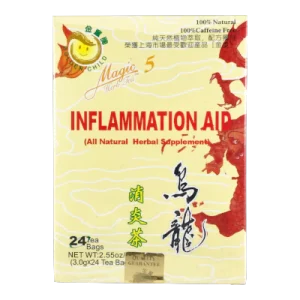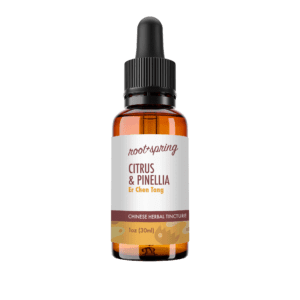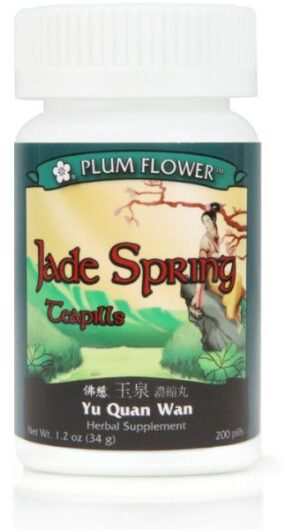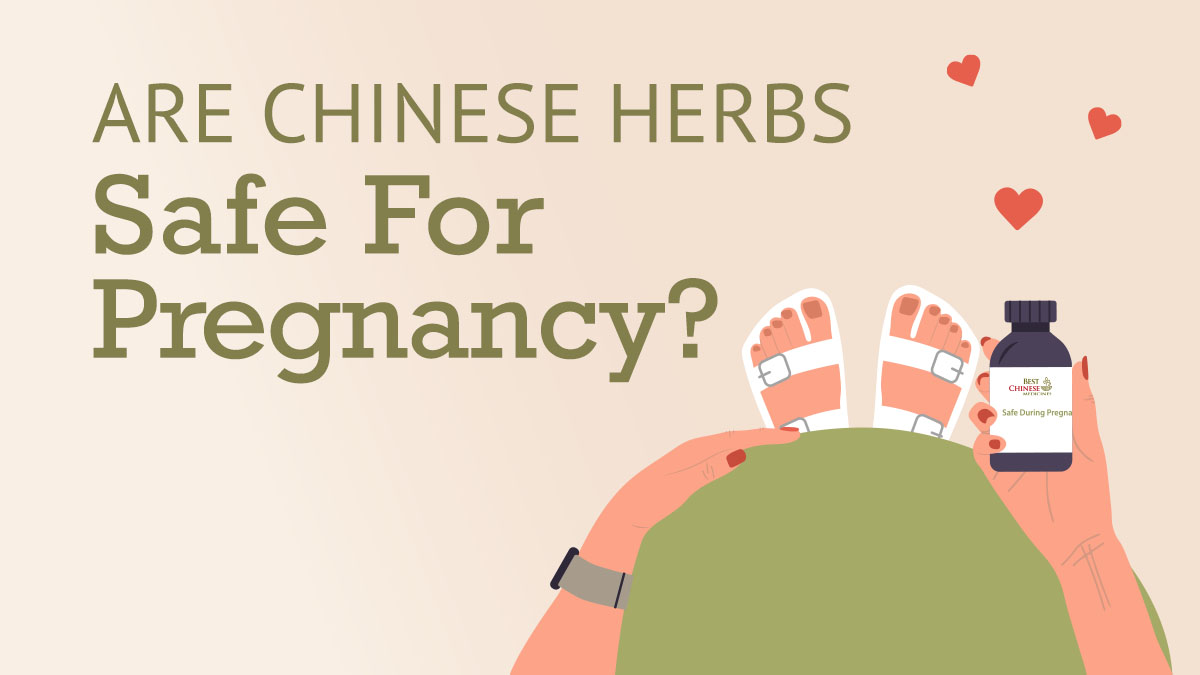Your cart is currently empty!
Wu Mei
English Name: mume, smoked plum, dark plum
Pharmaceutical Name: Fructus Mume
Medica Category: Astringent Herbs
Properties: Wu Mei enters the Liver, Spleen, Lung, and Large Intestine channels; it is sour in nature and neutral in temperature.
What is Wu Mei?:
The Chinese Herb Wu Mei is the dried fruit of the Chinese plum tree (Prunus Mume (Sieb.) Succ. et Zucc.) which is endemic to mountains and river valleys of Southern China (although it is widely cultivated for commercial use outside this region). The plum blossoms appear in mid-late winter and give way to drupes of fruit which ripen as the spring flows into summer. Just before these fruits fully ripen, they are harvested and smoked until wrinkled and more or less black in color. This process amplifies the astringent qualities of this fruit (i.e. the sourness) and makes it ready for use as medicine.
Traditional Chinese Medicine (TCM) Therapeutic Actions of Wu Mei:
Wu Mei binds the intestines to address chronic, unremitting diarrhea (due to qi deficiency) as well as rectal prolapse that can occur as a secondary presentation resulting from Spleen qi depletion. Properly combined with damp and heat clearing herbs, Wu Mei is also appropriate for addressing dysentery and damp-heat diarrhea.
Wu Mei inhibits leakage of Lung qi and stops the leakage of sweat. Clinically this addresses chronic respiratory conditions presenting with feeble cough and a weak voice.
Wu Mei generates body fluids to relieve thirst in persons with yin-deficient heat syndromes (e.g. diabetes, diabetes insipidus, and hyperthyroidism). It is sweetened with sugar and taken as a beverage to relieve summer-heat.
Wu Mei relieves pain associated with parasites; its sourness also calms and weakens them and so it is often used in conjunction with other herbs that explicitly expel parasites (such as roundworms and hookworms).
Wu Mei (charred) addresses chronic uterine bleeding due to deficiency.
Wu Mei, soaked in salt water for a day and mashed into a paste with vinegar, can be used topically to treat corns and warts (as well as other kinds of sores).
–safety/clinical notes:
Contraindicated in cases of internal heat excess and stagnation.
Contraindicated in unresolved exterior disorders.
Due to its restraining effect, Wu Mei is not indicated for sole use to treat acute diarrhea, or diarrhea caused by food poisoning or infections.
Products Containing Tag: Wu Mei – Black (Smoked) Plum – Fructus Mume
-
Er Chen Tang (Citrus and Pinellia) – Liquid Extract (Tincture)
Add to CartStarting at $14.00
-
Plum Flower – Jade Spring (Yu Quan Wan)
Add to Cart$22.73
$29.80






